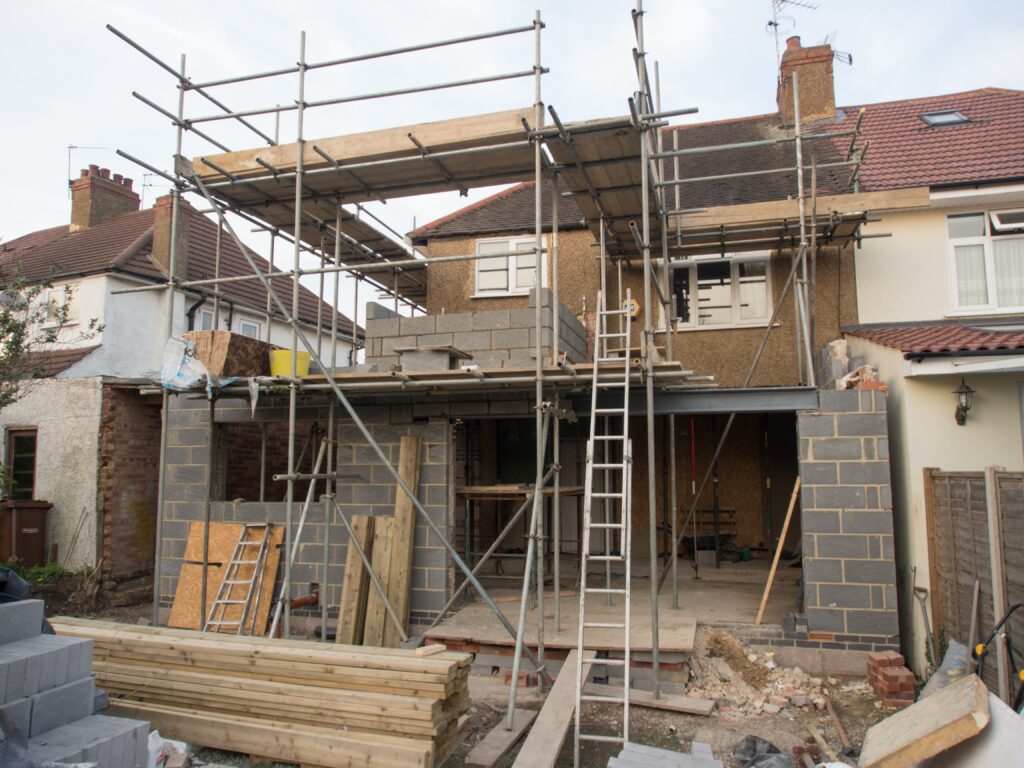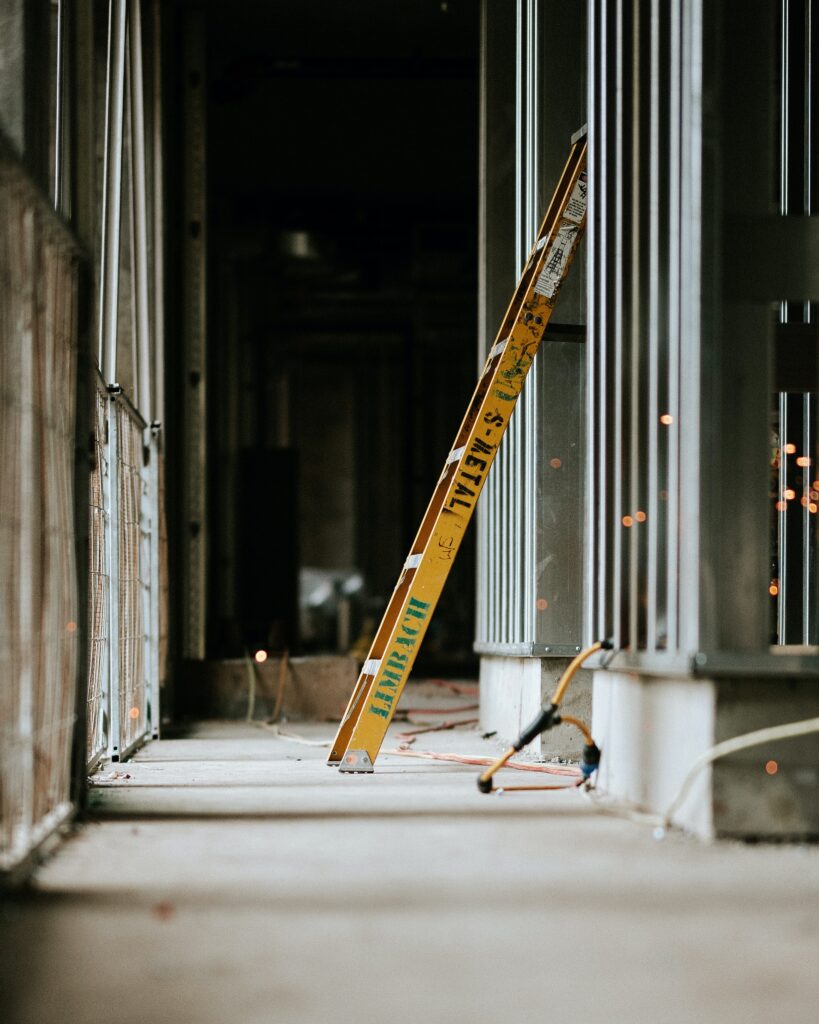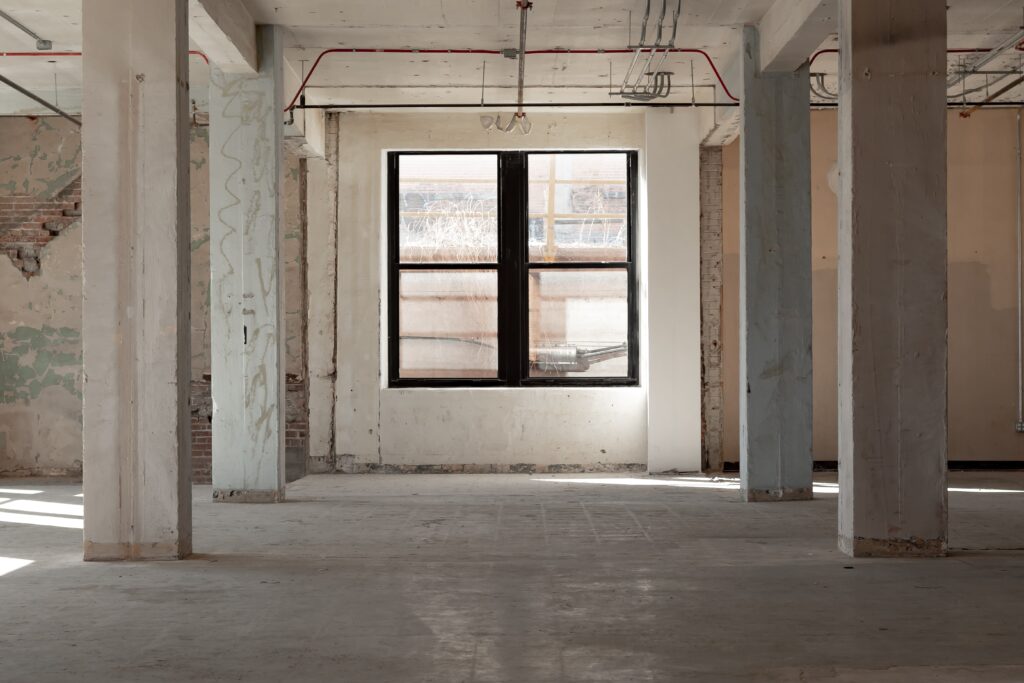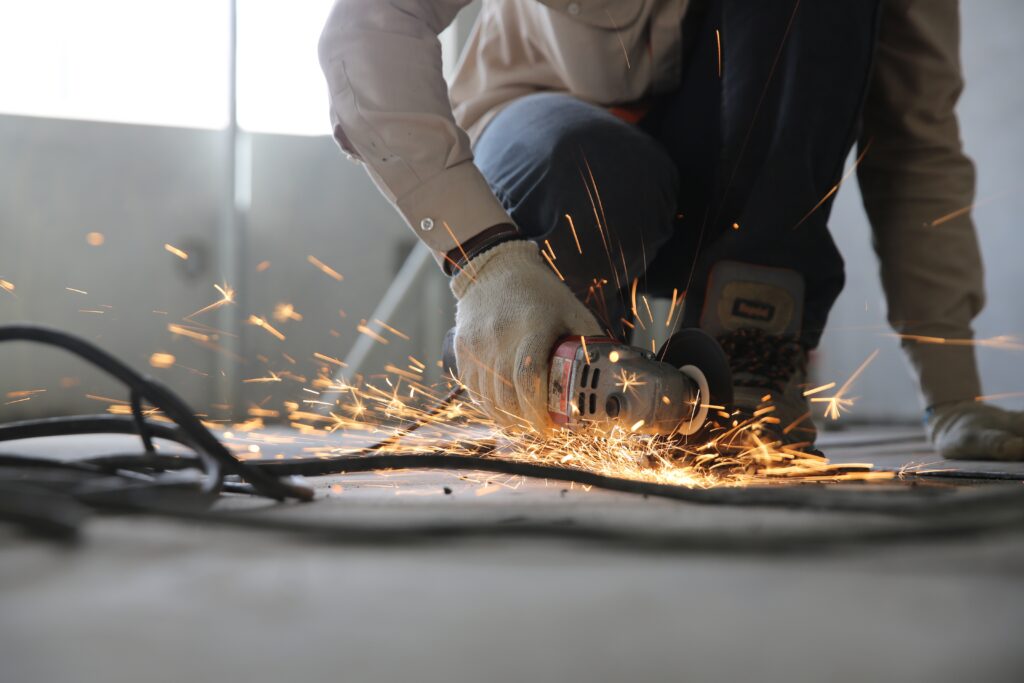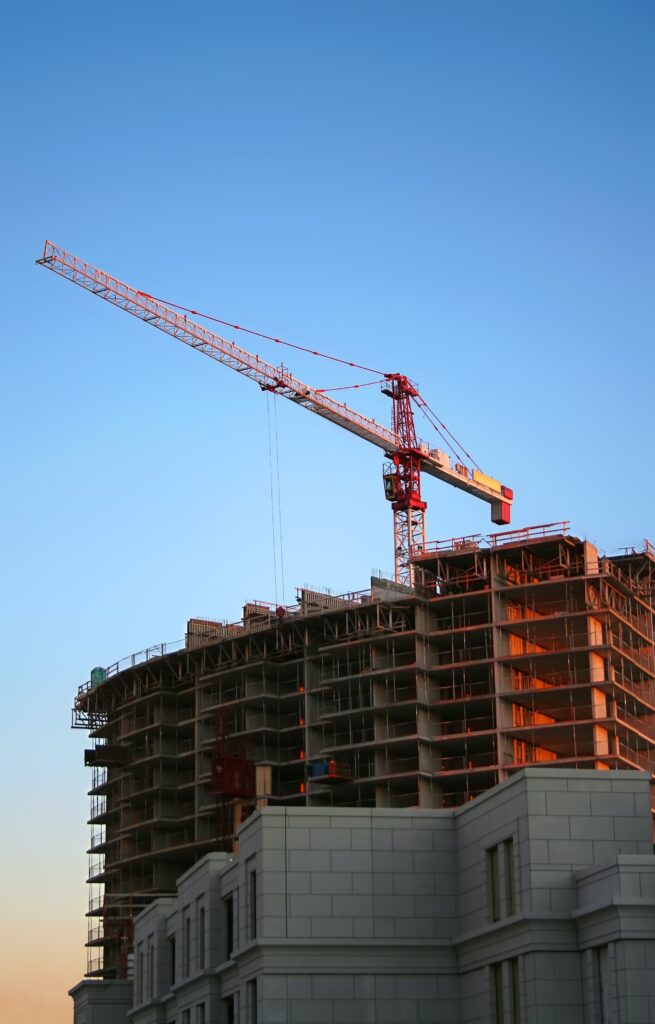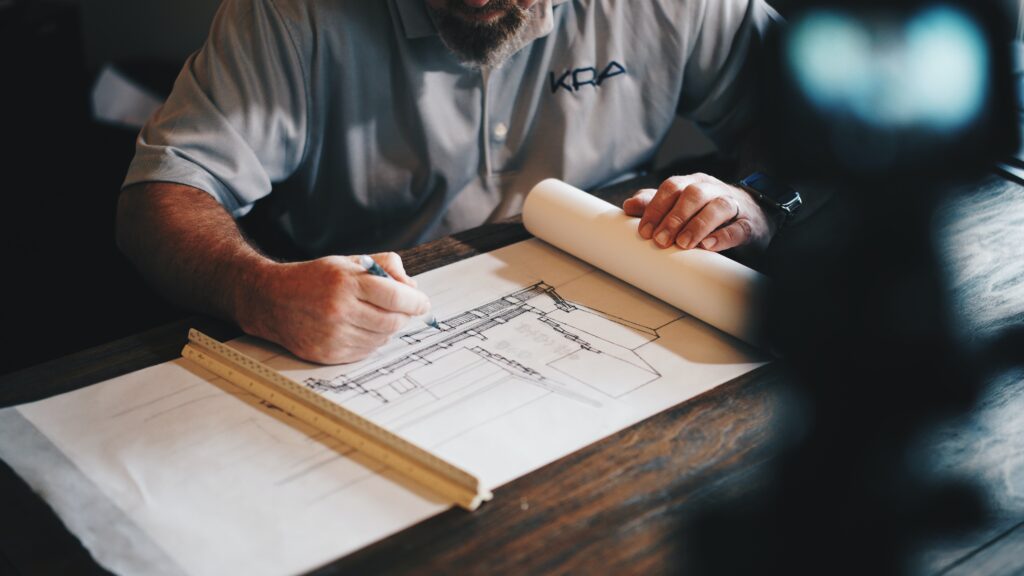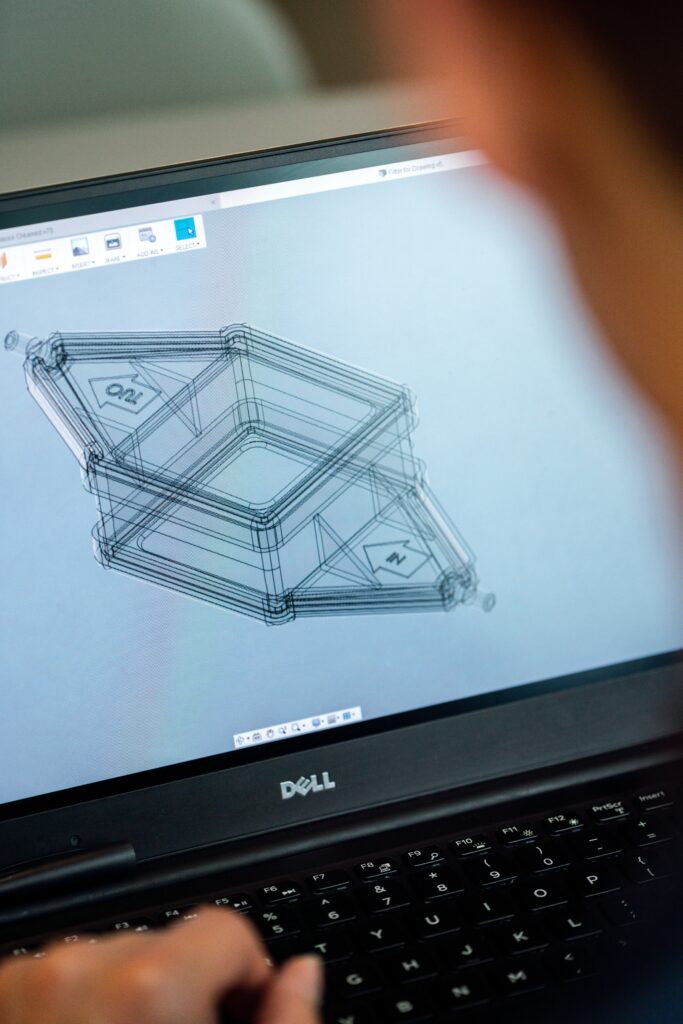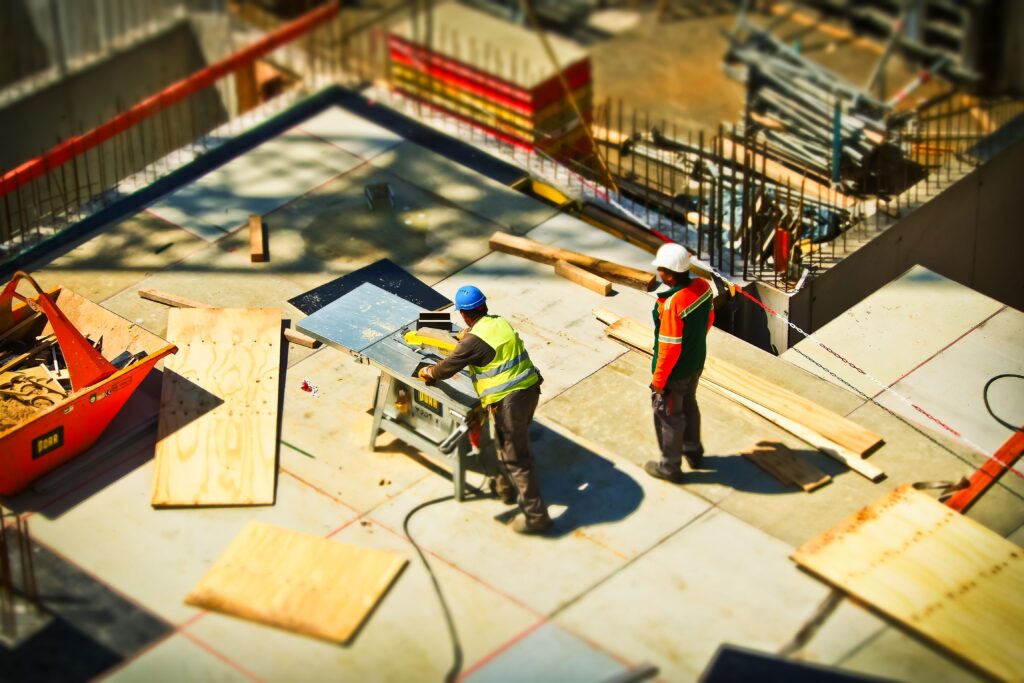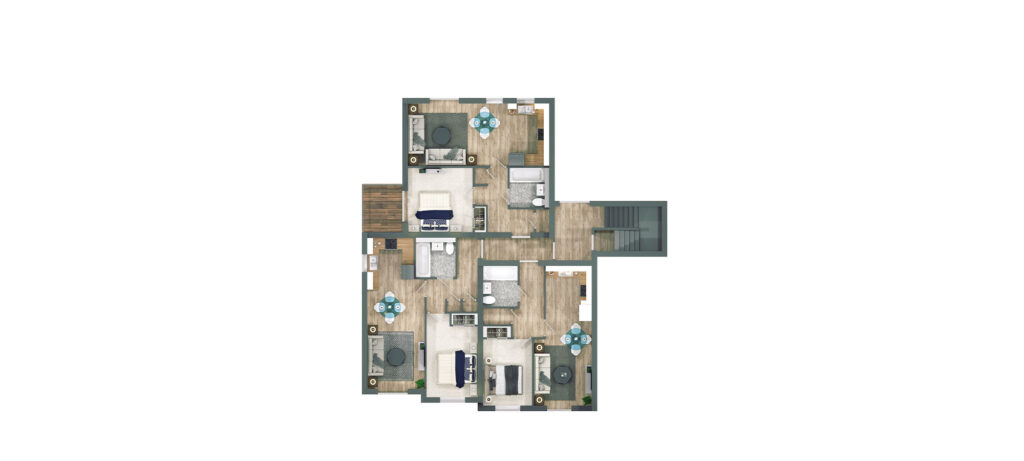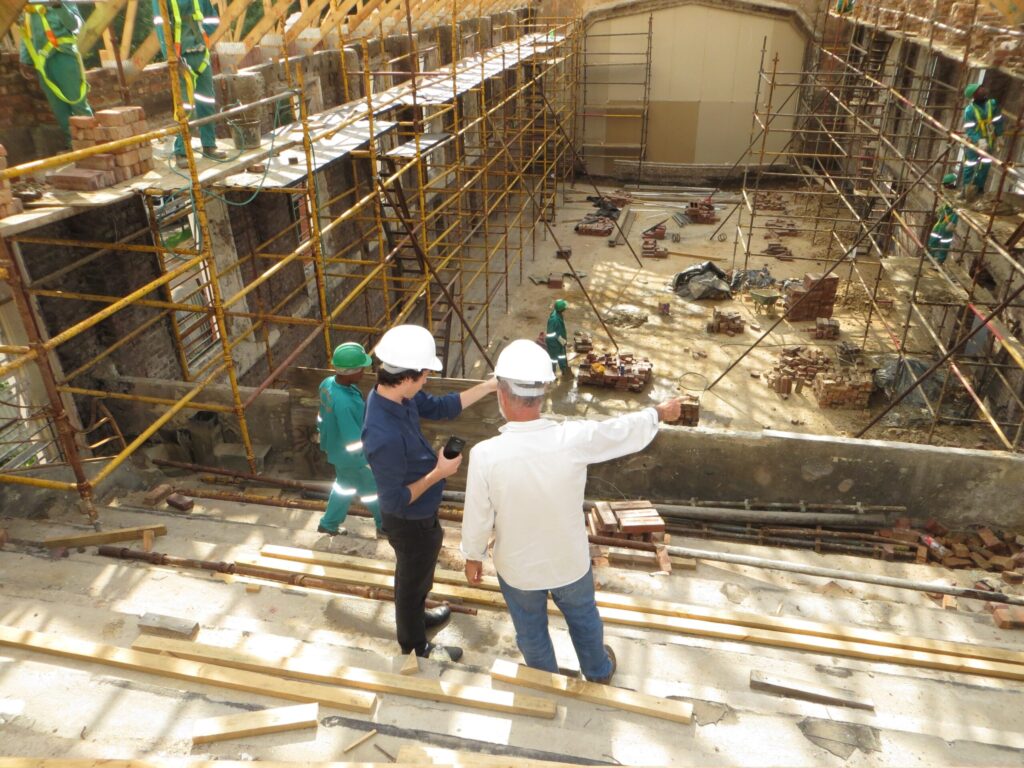Residential and commercial construction projects have many differences in a range of elements, such as tools, materials, purpose and functionality. The cost of commercial construction is usually much higher than that of residential construction and is more likely to be publicly funded. While residential construction is, for the most part, privately funded.
Here are the main differences between residential and commercial construction.
Purpose
Residential construction is usually for domestic housing and apartment buildings. Residential projects can range from self-builds to housing estates. Commercial construction, however, is usually used for building offices, industrial buildings, and professional establishments. Commercial sites are often controlled by the commissioning business and the hired commercial building company.
Materials
Residential projects are more likely to rely on more cost-effective materials that can be used on a smaller scale. Although with a bigger budget, residential projects may have more choice, creativity and flexibility when selecting their materials.
Residential materials are likely to be more focused on aesthetics, whereas commercial builds look for functionality and cost-effectiveness on a larger scale. For example, commercial buildings are more likely to use roofing sheets as opposed to traditional roofing materials that are more common in residential buildings.
Commercial construction sites operate on a larger scale and can afford more in terms of materials. Commercial companies will usually benefit from economies of scale by ordering large quantities of materials.
Project length
Residential projects are usually much shorter than commercial builds as well as being a lot less complicated. Commercial projects usually need a large workforce to meet deadlines and maximum efficiency to ensure greater profits. Commercial sites will often have tighter deadlines to meet.
Though residential projects go at a slower pace with a smaller work force, they still take a lot less time than commercial projects due to their complexity and scale.
Equipment
Commercial projects often need high-powered machinery and specialist equipment to perform complex tasks, and those working on the site will need special training to operate some machines, which comes with an added cost.
Residential construction is often on a much smaller scale and does not require such heavy-duty equipment.

